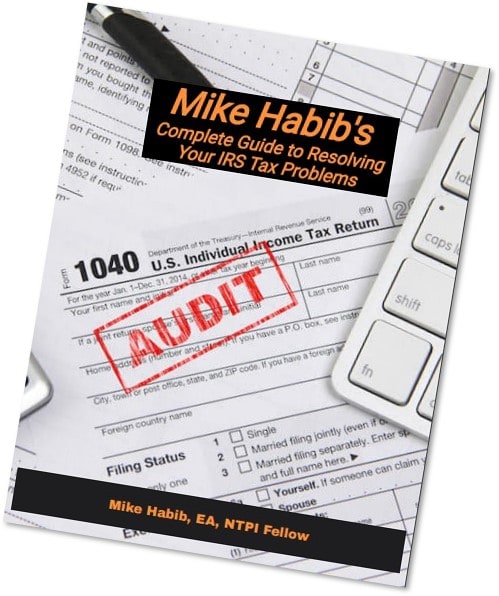Your Tax Problems
Avoiding Tax Scams: A Guide to the IRS Dirty Dozen
As tax season approaches, it’s crucial for taxpayers to be vigilant against scams that can lead to financial loss and identity theft. The IRS annually compiles a list known as the “Dirty Dozen,” highlighting the most common and dangerous tax scams. This guide will help you understand these scams and provide tips on how to protect yourself.
1. Phishing
Phishing scams involve fake emails or websites designed to steal personal information. The IRS will never initiate contact with taxpayers via email about a tax bill, refund, or Economic Impact Payments. Be wary of emails and websites that claim to be from the IRS.
2. Fake Charities
Scammers often set up fake charities to exploit the generosity of taxpayers. Always verify the legitimacy of a charity through the IRS’s Tax Exempt Organization Search tool before making any donations.
3. Threatening Impersonator Phone Calls
Scammers may call, posing as IRS agents, threatening arrest, deportation, or license revocation if you don’t pay immediately. The IRS will never demand immediate payment or threaten you over the phone.
4. Offer in Compromise Mills
These are companies that aggressively promote IRS’s Offer in Compromise (OIC) program, often charging excessive fees. Taxpayers can apply for an OIC directly through the IRS without incurring high costs.
5. Unscrupulous Return Preparers
Some tax preparers may commit fraud or file false returns. Choose a reputable tax preparer by checking their qualifications and history through the IRS Directory of Federal Tax Return Preparers.
6. Social Media Scams
Fraudsters use social media to circulate misleading information about tax refunds or credits. Always verify tax advice from social media with trusted sources like IRS.gov.
7. Spearphishing
This scam targets tax professionals and businesses, aiming to steal client data. Be cautious of emails that appear to be from trusted sources but request sensitive information.
8. Fake Payments with Repayment Demands
Scammers may trick you into believing you’ve received a tax refund, then demand repayment. Verify any unexpected payments with the IRS before taking action.
9. Payroll and HR Scams
These scams target payroll and human resources professionals to steal employee data. Always verify requests for sensitive information through a secondary channel.
10. Ransomware
Ransomware attacks can lock you out of your data until a ransom is paid. Protect your data with strong security measures and regular backups.
11. Inflated Refund Claims
Be wary of tax preparers who promise large refunds. They may be inflating deductions or credits, which can lead to penalties and interest.
12. Fake Tax Shelters
Scammers promote complex tax avoidance schemes that are illegal. Always consult a reputable tax advisor before engaging in any tax shelter.
Tips to Protect Yourself
- Verify Information: Always verify any tax-related information through trusted sources like IRS.gov.
- Secure Personal Information: Protect your personal and financial information by using strong passwords and secure internet connections.
- Report Scams: If you encounter a scam, report it to the IRS at phishing@irs.gov or call 1-800-829-1040.
By staying informed and cautious, you can protect yourself from falling victim to these common tax scams. For more detailed information on each scam, visit the IRS Dirty Dozen page.



